David Niven
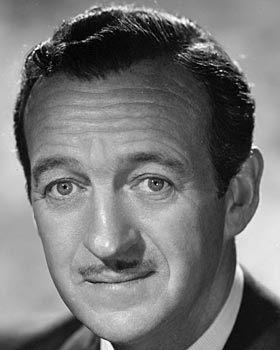
Stars
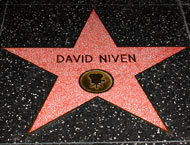
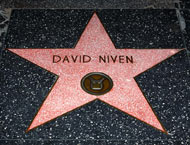
David Niven's clipped accent and thin mustache made him the personification of the British gentleman in more than 90 films spread over nearly half a century.
Niven saw his first movie studio — Fox — when members of Loretta Young's family sneaked him past the guards under a rug on the floor of her limousine.
He was suitably impressed — "I just gaped and gaped and wondered if I could ever be a part of it," Niven wrote much later in "The Moon's a Balloon." Encouraged by his friends, Niven signed on at Central Casting on Western Avenue.
The agency listed him, back in 1935, as "English type, No. 2008, Niven, David."
Niven was on his way — slowly.
Most of the parts were small at first. In Howard Hawks' production of "The Barbary Coast" (1935), Niven played a Cockney sailor who was tossed out of a San Francisco brothel into a muddy street. He was signed the next year to play a bit part in the Jeanette MacDonald-Eddy Nelson opus "Rose Marie," but after filming his brief scene he left the studio, only to find out months later that his part had been re-shot with another actor.
The roles quickly got more meaty. Niven played an officer and friend of Errol Flynn in "The Charge of the Light Brigade" (1936), Maj. Clyde Locket in "Dodsworth" (1936) and Fritz von Tarlenheim in "The Prisoner of Zenda" (1937). In 1938, Niven appeared in the classic "The Dawn Patrol" and the following year gained co-star status for the first time in "Bachelor Mother" with Ginger Rogers. Later in 1939, he played opposite Laurence Olivier and Merle Oberon as the devoted but unloved Edgar Linton, Oberon's husband in "Wuthering Heights."
Despite early frustrations, only four years after arriving in Hollywood, the onetime British officer had become a genuine star, critically well received and an actor of increasing capability.
In the 1950s Niven, Dick Powell and Charles Boyers started the hugely successful television firm Four Star Productions.
"Four Star Playhouse" begat "Zane Grey Theater," which in turn spawned "The Rifleman," which spun off "Wanted Dead or Alive," starring an unknown named Steve McQueen.
Related stars
|
|
Points of interest
Academy Awards
| Year | Category | Work | |
|---|---|---|---|
| 1958 | Best Actor | Separate Tables | Win |
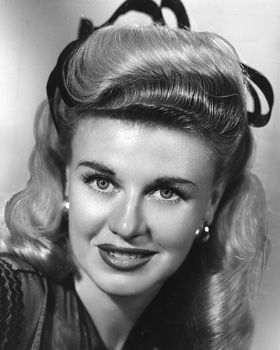
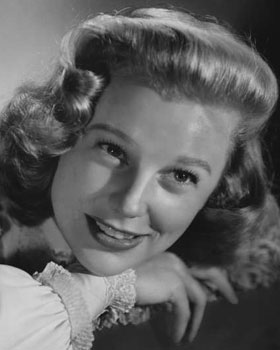
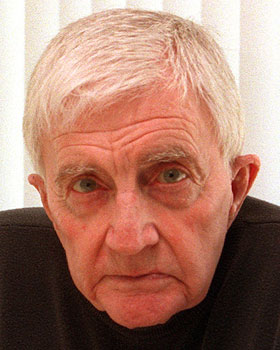
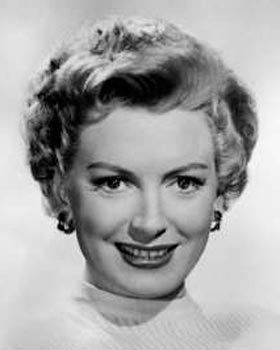
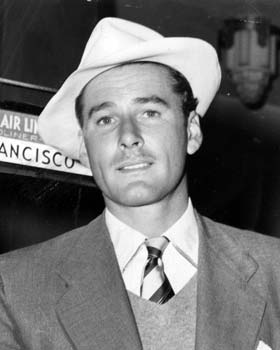
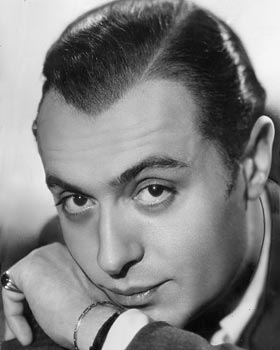
Share a thought about David Niven